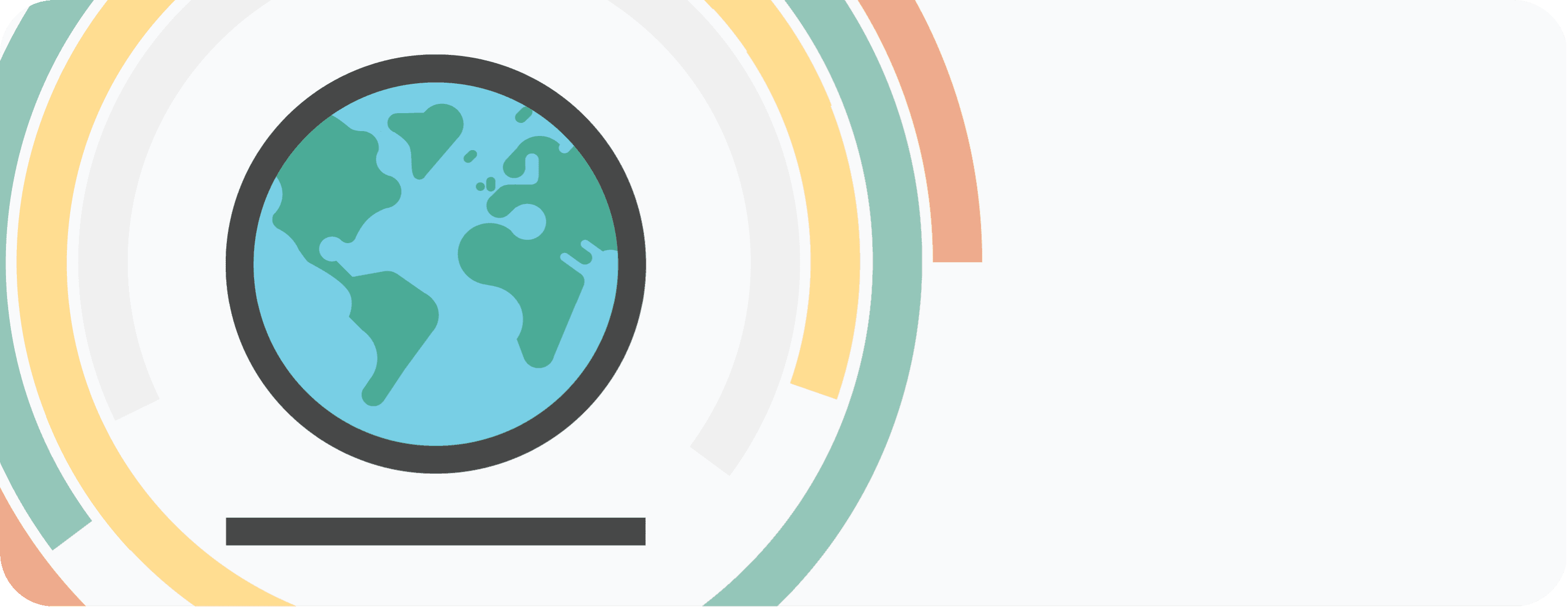

Law Office Of Lara Pearson & Brand Geek

Nevada, United States
February 2008
Legal activities
Service with Minor Environmental Footprint
United States
Lara Pearson is an intellectual property (IP) attorney who crafts brand protection strategies for soulful social enterprises. Lara began practicing IP law in 1999. After reading Yvon Choiunard's book, "Let My People Go Surfing" in December, 2005, Lara became one of the first few hundred members of 1% for the Planet in January, 2006. By June, 2006 Lara joined the Board of Directors of 1% and by February, 2008 The Law Office of Lara Pearson became one of the world’s first Certified B Corporations. Yay! Lara’s deep involvement in the social enterprise community enables her to see things other attorneys miss, providing immeasurable value to her clients. For example, Lara once identified infringement on one of her client’s marks and got the infringer to switch brands (cease and desist) before her client even knew of the infringement. Lara is exceptionally skilled at making intellectual property (IP) law easy and fun. She has a real knack for conveying her knowledge in an engaging and entertaining way that makes complex subject matter not only simple and understandable, but also enjoyable.
Overall B Impact Score
Governance 15.9
Governance evaluates a company's overall mission, engagement around its social/environmental impact, ethics, and transparency. This section also evaluates the ability of a company to protect their mission and formally consider stakeholders in decision making through their corporate structure (e.g. benefit corporation) or corporate governing documents.
What is this? A company with an Impact Business Model is intentionally designed to create a specific positive outcome for one of its stakeholders - such as workers, community, environment, or customers.
Workers 24.1
Workers evaluates a company’s contributions to its employees’ financial security, health & safety, wellness, career development, and engagement & satisfaction. In addition, this section recognizes business models designed to benefit workers, such as companies that are at least 40% owned by non-executive employees and those that have workforce development programs to support individuals with barriers to employment.
Community 56.1
Community evaluates a company’s engagement with and impact on the communities in which it operates, hires from, and sources from. Topics include diversity, equity & inclusion, economic impact, civic engagement, charitable giving, and supply chain management. In addition, this section recognizes business models that are designed to address specific community-oriented problems, such as poverty alleviation through fair trade sourcing or distribution via microenterprises, producer cooperative models, locally focused economic development, and formal charitable giving commitments.
What is this? A company with an Impact Business Model is intentionally designed to create a specific positive outcome for one of its stakeholders - such as workers, community, environment, or customers.
Environment 14.4
Environment evaluates a company’s overall environmental management practices as well as its impact on the air, climate, water, land, and biodiversity. This includes the direct impact of a company’s operations and, when applicable its supply chain and distribution channels. This section also recognizes companies with environmentally innovative production processes and those that sell products or services that have a positive environmental impact. Some examples might include products and services that create renewable energy, reduce consumption or waste, conserve land or wildlife, provide less toxic alternatives to the market, or educate people about environmental problems.
Customers 4.7
Customers evaluates a company’s stewardship of its customers through the quality of its products and services, ethical marketing, data privacy and security, and feedback channels. In addition, this section recognizes products or services that are designed to address a particular social problem for or through its customers, such as health or educational products, arts & media products, serving underserved customers/clients, and services that improve the social impact of other businesses or organizations.